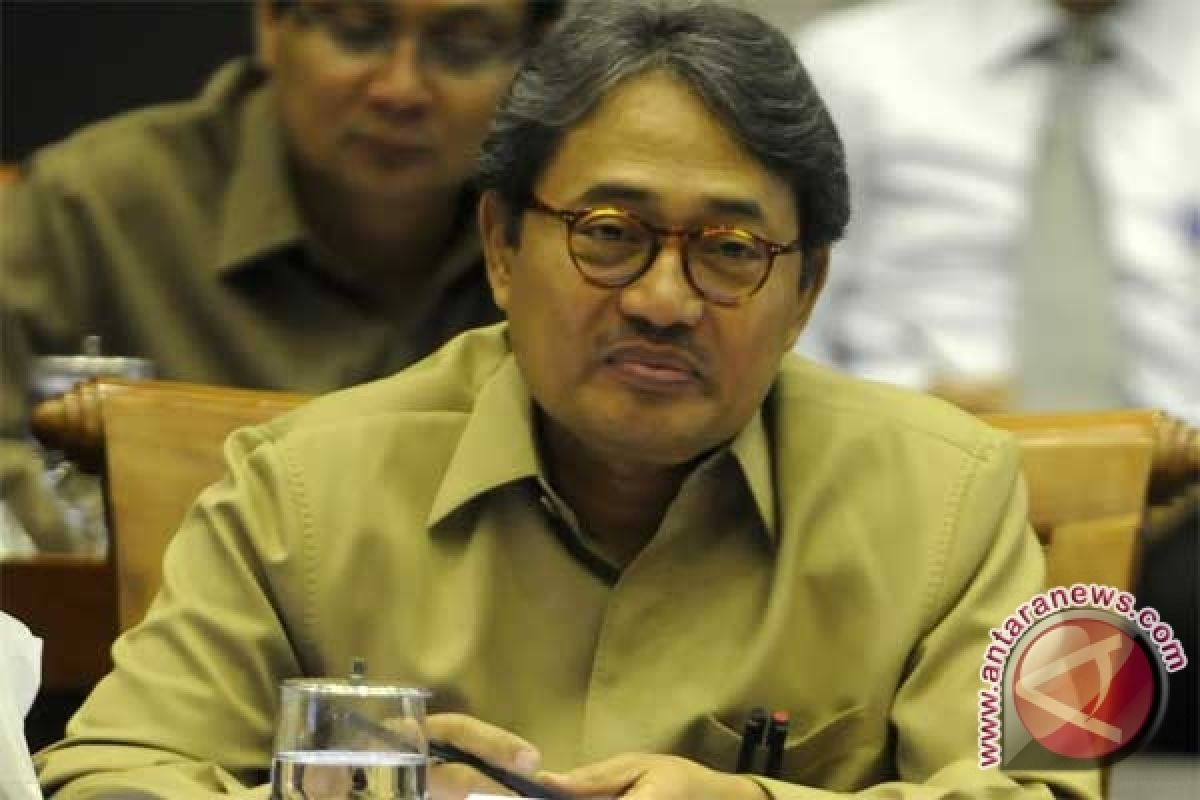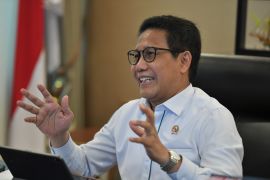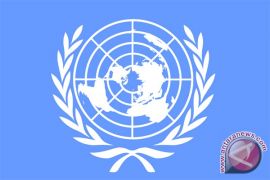The initiative was based on the spirit of the 1955 Asia-Africa Conference which gave rise to a sense of brotherhood among developing countries and further laid a basis for the establishment of G77 and China in 1964, Indonesian Permanent Representative to the UN, WTO and other International Organizations in Geneva Ambassador Triyono Wibowo said in a statement released on Tuesday.
Indonesia was elected chairman of G77 and China of Geneva chapter early this year. It will hand the chairmanship to Ecuador which is currently deputy chairman of the grouping early next year.
Ambassador Triyono emphasized the need for the G77 and China to make preparations for the 50th anniversary of the grouping, give substantive contributions to the review process of Millennium Development Goals (MDGs) and work on the post-MDGs development agenda.
He further underscored the need for all participants as part of the extended family of developing countries, commonly known as the South Group, to make history in struggling for developing countries` interests.
He expressed hope that the training will be organized at least once every year.
Indonesia invited a number of ambassadors from member countries of G77 and China to speak at the training on how to conduct effective and efficient negotiations based on their long experiences.
Also present at the opening of the training participated in by diplomats from member countries of G77 and China were executive director of South Center Martin Khor, executive director of United Nations Institute for Training and Research (UNITAR) Sally Fygan and senior official of United Nations Conference on Trade and Development (UNCTAD) Massoumeh Sahami.
G77 and China which groups 132 developing countries was formed in 1964 coinciding with the establishment of UNCTAD. It was aimed at struggling for developing countries` interests in UN forums.
(Uu.S012/B003)
Editor: Priyambodo RH
Copyright © ANTARA 2012









